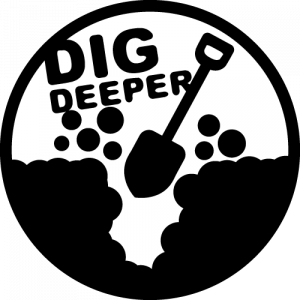7.2 Being Reflective begins with reflective thinking

“I write because I don’t know what I think until I read what I say.”- Flannery O’Connor
In On Reflection, an essay on technology, education, and the status of thought in the twenty-first century by Ellen Rose (2013), she challenges us to reflect on reflection as she asks us to consider reflection in the context of time, and silence and not in a context of a forced practice.
As many know we bump up against the ideology of becoming unbusy, of providing space and time to ponder, think, reflect. In our fast-paced technology-rich world and coming off the global pandemic of 2019 we have been tasked to consider the many priorities we have set for ourselves. What are ways we can simplify or prioritize what is really important to our work
As we consider our reflective practice, many obstacles may still come up, “there is only so much time in a day”, “I have to do this or that”, “I must follow this curriculum or that”, “I only have so much time to teach this.”
Rose (2013) more than once used the term stewardship in referring to reclaiming reflective practice. She suggests we must be stewards of the use of writing, of technology and of reflective practice. According to Merriam-Webster (n.d.) stewardship is “the conducting, supervising, or managing of something; especially the careful and responsible management of something entrusted to one’s care. The act or activity of looking after and making decisions about something.”
When you take the time to seemingly do nothing, notice what you are thinking about, try to go with those thoughts and see where they take you. There are multiple ways to be reflective both individually or in groups. (More on group thinking in future chapters.)
Self reflection is typically where one’s reflective practice begins. This can resemble things you are already doing: writing which may include blogs, papers, journaling, creating a professional portfolio, walking, thinking through meditation, yoga and storytelling. What are the ways you are currently practicing slowing down?
Technology & Reflective Practice
Take a look at how technology is being used for reflection:
Video: Reflective Writing
Learn more about Reflective Writing by SkillsTeamHullUni by watching the video [6:07] below.
Dig Deeper
For more information on this topic check out the resource links below:
- Blog | Early Childhood Pedagogy Network
- Gather (The Joy of StoryTelling by Richard Van Camp – Book)
- Contemplating the Reflective Process – Strive

